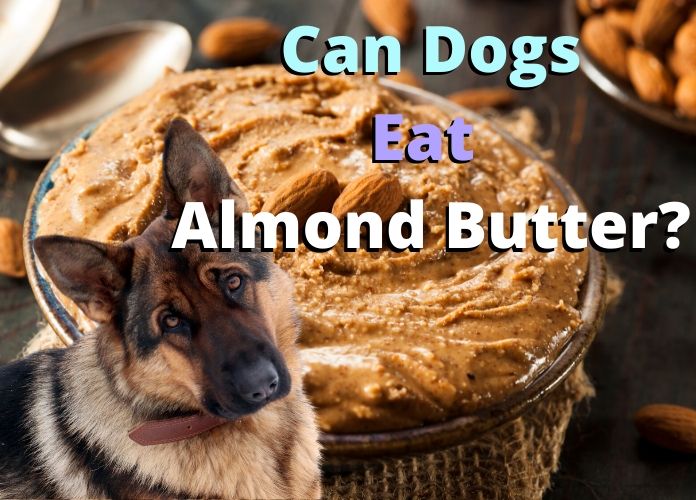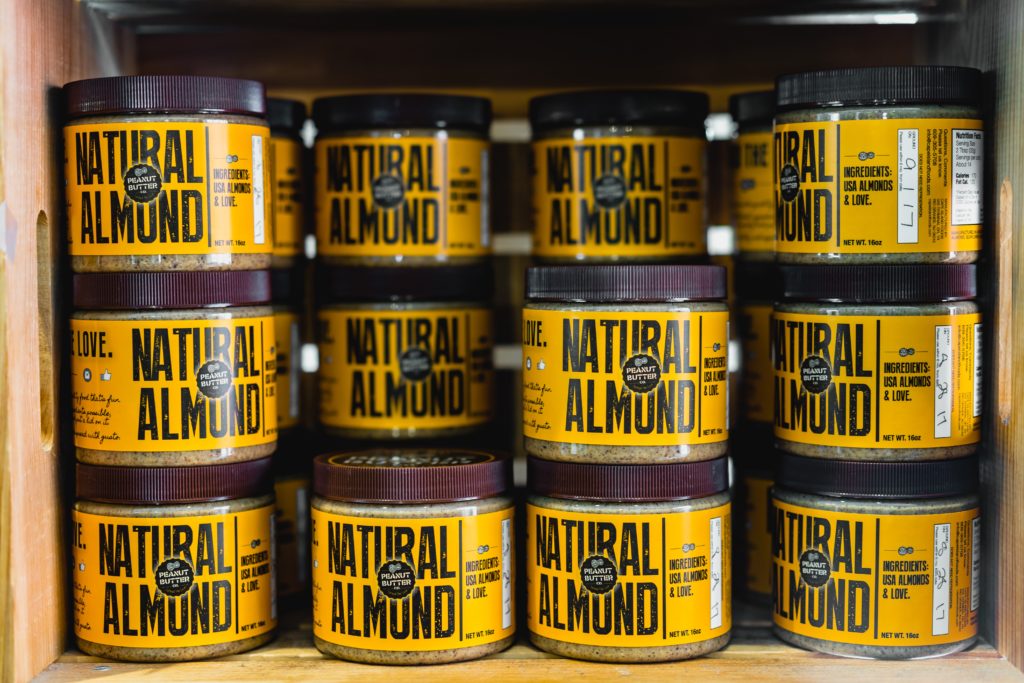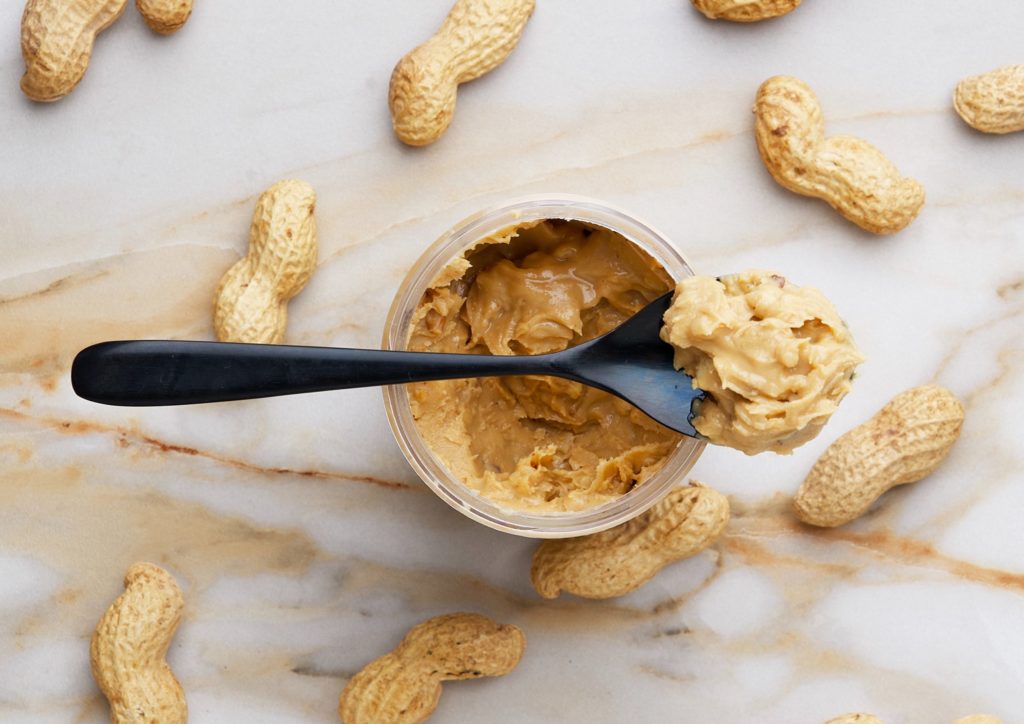

Dogs Can Eat Almond Butter
Yes. dog’s can safely eat almond butter, however we highly recommend not feeding this to them as a regular treat as it could cause issues with their digestive system and cause side effects such as diarrhea. Almond butter that is flavoured or sweetened should be generally avoided as some of these variants contain ingredients that can be toxic to dogs.An ingredient such as Xylitol, which is a sweetener used in many foods such as peanut butter and yogurt is safe for humans, but potentially dangerous towards dogs. So as always, it’s very important to check the ingredients before giving your dog any type of human food.
Side effects you should look out for
Although this isn’t a guide detailing what you should look out for if you dog reacts badly to a food, it’s always helpful for you to know some quick points on what side effects your dog can experience:
- Loss of appetite
- Diarrhea
- Flatulence
- Vomiting
What’s the best way to give almond butter to my dog?
Now that we have answered the question, can my dog eat almond butter, it would be handy to know some good ways in which you can feed your dog almond butter as a tasty treat, right?There are a few simple ways you can include almond butter in your dog’s diet, but as mentioned previously, please avoid the urge to give them a big dollop at first.Our favourite by far is the KONG toy method.
These toys are loved by our dogs and super handy when it comes to filling them with things like almond butter, as the toys themselves are hollow. If you're clever with filling these toys up just the right amount, your dog will spend hours trying to dig the butter out.
Other simple methods include spreading the butter on the top of a dog treat, or just letting them lick the spoon after you dip it in the jar.
Are there any health benefits to almond butter?

Almond butter contains essential vitamins and minerals for your dogs health, such as:
- Vitamin B3 (Niacin)
- Vitamin B6 (For red blood cells)
- Selenium (Antioxidant)
- Magnesium and Zinc (Immune system)
- Calcium (Strong bones and teeth)
Be careful though, the above vitamins and minerals may already be given to your dog in an adequate amount via their daily food. So it’s always worth bearing that in mind in case you are giving them too much and we all know the ‘too much of anything’ saying.
What Type of Almond Butter is Best for Dogs?
As mentioned in the introduction to this post, it's highly recommended to avoid and flavoured or sweetened almond butters due to the involvement of Xylitol.If you have a small sized dog, then we also recommend avoiding crunchy types of almond butter.
Crunchy types could cause your dog to choke and that is the last thing you would want to happen.Smooth almond butter can also be given to your dog easier as spreading and inserting into a KONG (as discussed in a previous section) is much easier.
What are the alternatives to almond butter?

Photo by Corleto Peanut butter on Unsplash
Peanut butter is also a good option for your dog if you prefer. Again though, some brands of peanut butter do contain that pesky Xylitol, so please be vigilant as always.Deciding on exact amount of peanut butter can vary from dog and breed. So perhaps the rule of giving them a small amount at first to make sure they don’t react badly, is always a good option.
Summary
Hopefully now you have a better understanding around almond butter and its effects (negative and positive) towards dogs.
Can dogs eat almond butter? Yes, but be careful.The key point I would like you to take away is Xylitol. We ask you to double, triple check the ingredients before feeding not only almond butter, but most foods.With the previous point in mind, you should get on swimmingly with almond butter and your pooch. Small amounts not too often should keep your dog wanting more. My dog has learned the sound of opening the jar, so beware that might happen to you too!



















